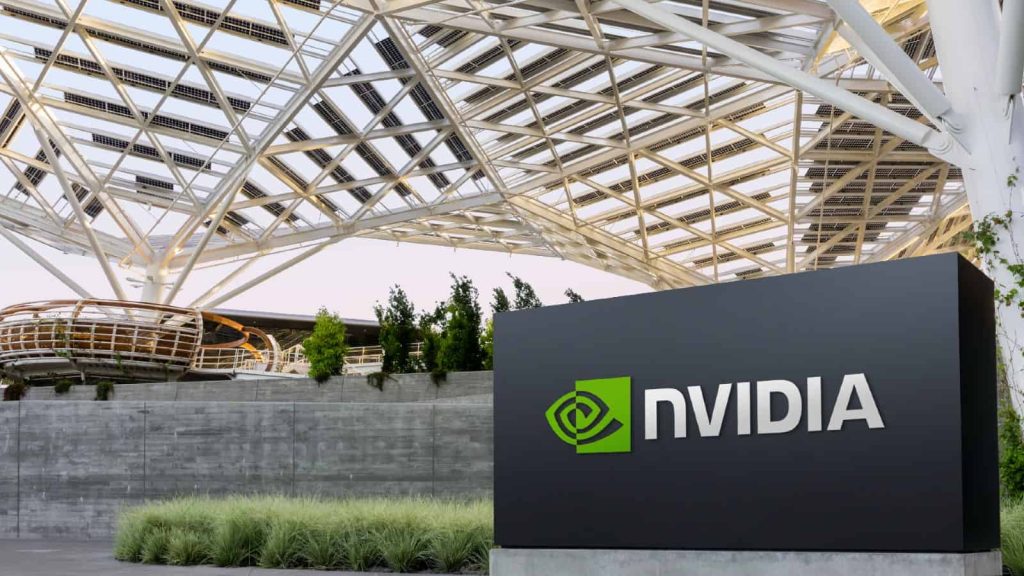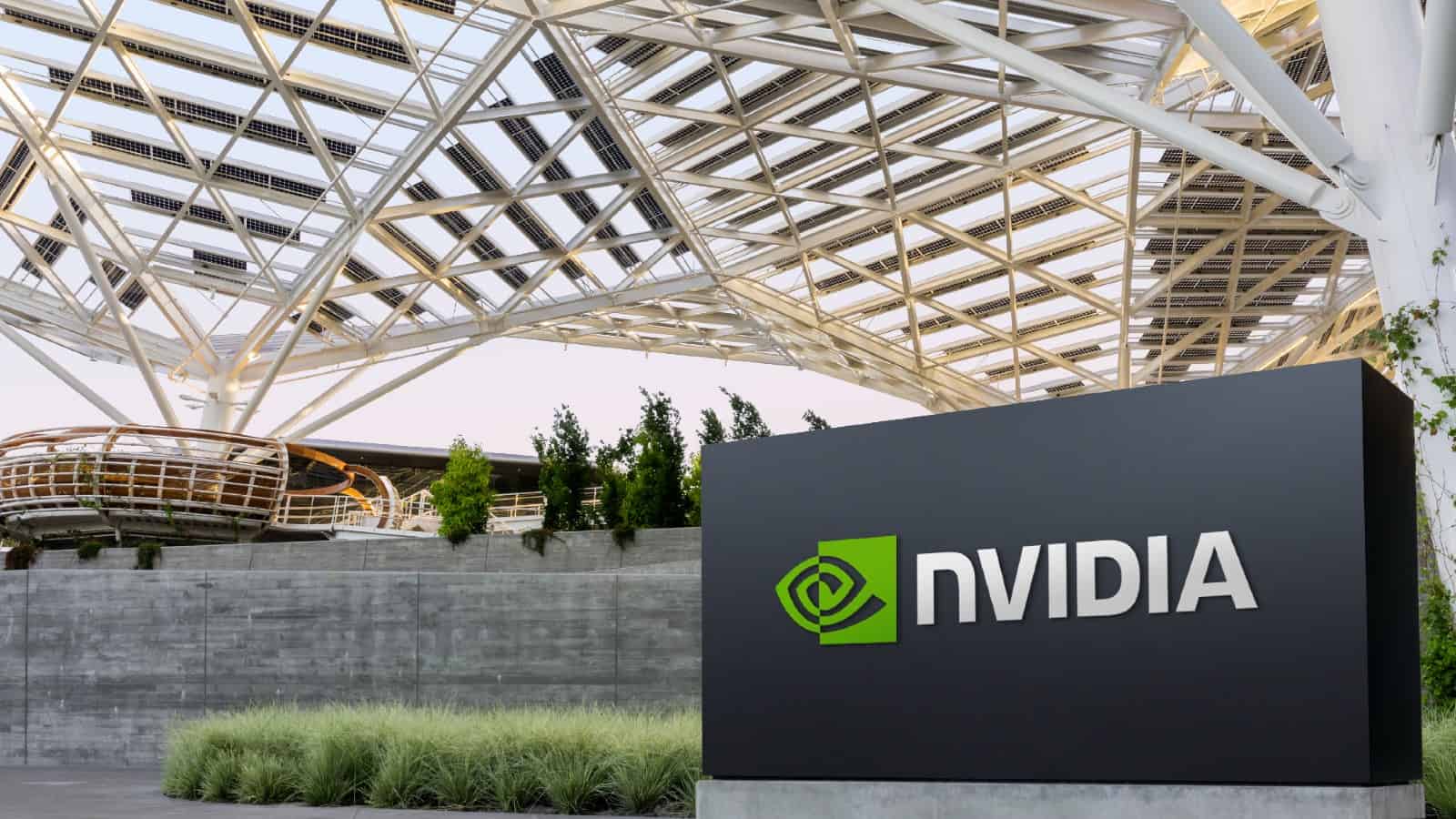Is a stock market crash still a threat despite Nvidia’s strong earnings?


Last week (19 November), Nvidiaâs (NASDAQ:NVDA) much-anticipated Q3 earnings briefly quelled fears of an imminent stock market crash. Sales of its highly sought-after Blackwell GPU chips were “off the charts“, according to CEO Jensen Huang, while other cloud GPUs had sold out completely.
However, during the announcement, CFO Colette Kress noted geopolitical issues affecting sales of its H20 chip in China. Despite being granted the necessary licenses early this year, the company only recorded $50m in sales to the country.
While no Chinese company competes with Nvidia’s leading products, some match or exceed its export-restricted H20 chips. Huawei and Cambricon are two companies that pose a significant risk to its sales in this critical region.
Stellar results
The massive sales boost delivered a 62% year-on-year (yoy) revenue increase to $57bn, beating estimates of $54.9bn. Similarly, profit rose 65% yoy to $31.9bn. Helping to further quell fears of an AI bubble-driven market crash, the company provided Q4 guidance of $65bn — ahead of Wall Street’s anticipated $62.1bn.
According to analysts at Deutsche Bank, the results “have entirely transformed market sentiment and postponed any bubble concerns for the time being“. But while the so-called âAI tradeâ may still be promising, the market is yet to make a significant recovery.
The brief boost last Thursday quickly tapered off, and the S&P 500 still ended the day down. So the question remains: how long can businesses keep milking the AI boom before their bloated valuations come crashing down?
Persistent vulnerabilities
The primary catalyst for crash fears was investor scepticism about whether AI infrastructure investments would generate proportionate returns. Nvidia’s results, combined with its $500bn order visibility through end-2026, provide some evidence that AI demand is real and present. This addresses the immediate existential threat to the market’s current AI-driven rally.
However, I wouldn’t say that completely negates the possibility of a crash. As far as I can tell, several structural risks remain — namely: bloated valuations, fragile sentiment and persistent inflation.
Markets remain highly elevated, and experts appear somewhat less than confident. Goldman Sachs and Morgan Stanley still predict 10%-20% corrections over the next two years, mainly due to high valuations that could crumble from even modest earnings disappointments.
Some experts even fear a potential ‘confidence cascade event’, where a single shock (tariffs, disappointing earnings, geopolitical incident) triggers mass panic. The April 2025 crash demonstrated how rapidly sentiment can reverse, with the S&P 500 erasing $6.6trn in value in just two days following tariff announcements.
The bottom line
Nvidia’s earnings seem to have postponed the chance of a serious crash — at least in the near term. If holiday consumer spending can keep this momentum going, markets could end the year on a high.
Still, I fear it’s only a brief delay to an inevitable correction. Heading into January, a sudden slump in spending could pressure overvalued stocks once again. Like the internet in the late 90s, AI is undoubtedly an industry worth hundreds of billions of dollars â but right now, a lot of it may be speculative.
For risk-averse investors like myself, it may be wise to remain cautious and consider diversifying into defensive shares or similar safe-haven assets.
The post Is a stock market crash still a threat despite Nvidiaâs strong earnings? appeared first on The Motley Fool UK.
Should you invest £1,000 in Nvidia right now?
When investing expert Mark Rogers has a stock tip, it can pay to listen. After all, the flagship Motley Fool Share Advisor newsletter he has run for nearly a decade has provided thousands of paying members with top stock recommendations from the UK and US markets.
And right now, Mark thinks there are 6 standout stocks that investors should consider buying. Want to see if Nvidia made the list?
More reading
- What’s going on with the Nvidia share price? Bubble fears or 41% undervalued?
- Good news: Nvidia’s record-breaking results. Bad news: a stock market crash could still happen
- With an AI bubble inflating, should I sell Nvidia in my Stocks and Shares ISA?
- Is the Nvidia share price heading for $110 in 2026?
- Nvidia: here are analystsâ new share price forecasts after Q3 earnings, and they’re high
Mark Hartley has no position in any of the shares mentioned. The Motley Fool UK has recommended Nvidia. Views expressed on the companies mentioned in this article are those of the writer and therefore may differ from the official recommendations we make in our subscription services such as Share Advisor, Hidden Winners and Pro. Here at The Motley Fool we believe that considering a diverse range of insights makes us better investors.





